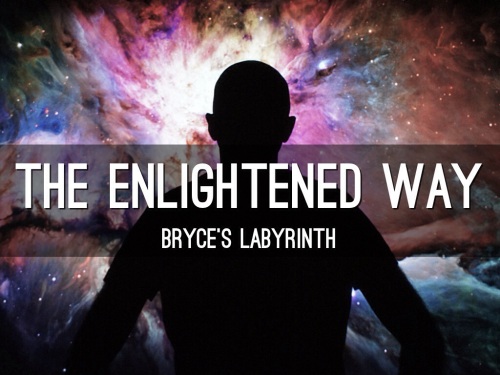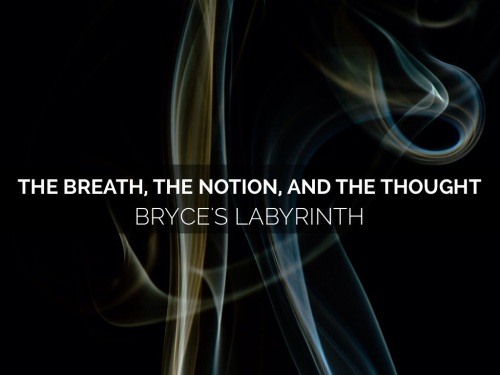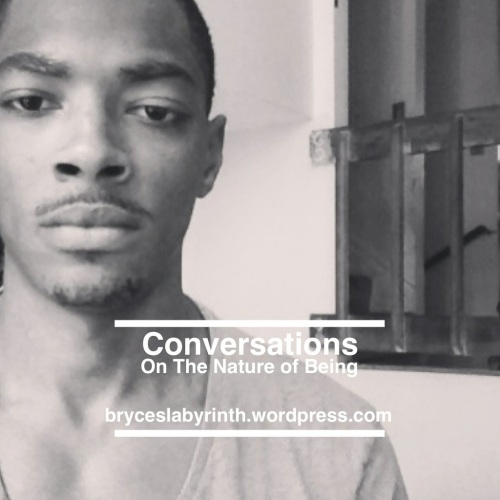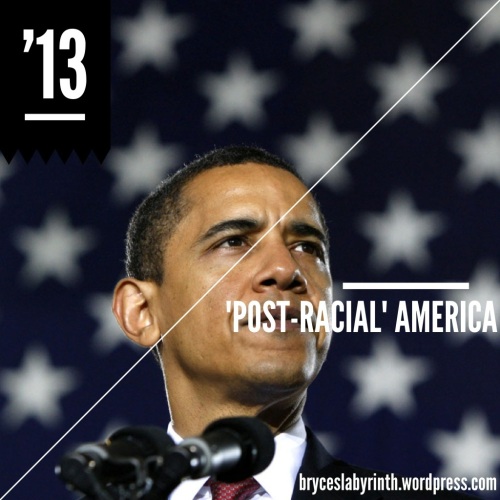The Principles of Dogma
Dogma, as defined by Webster, is an official system of principles on tenets concerning faith, morals, behavior etc. While dogma is generally ascribed to large institutions such as churches or governmental organizations, I see these entities as nothing more than aggregations of humans and they are thus eventualities of human interaction. Dogma is a curious phenomena that arises when humans begin to congregate, as individual interpretations of life begin to compete for legislative space, over acts of “standardization” are enacted as attempts to streamline and keep peace.
Isolative cognition (IC) is a term I have come to use for the areas of cognition we access when making decisions within a cognitive bias. IC is a term that for many may be hard to conceptualize, one would have to be familiar with cognitive bias and additionally be able to pinpoint their biases in order to have any deep understanding of them. To merely see the blind spots in another’s thought process is hardly educational, it isn’t until the same scrutiny is applied to the individual that any substantive progress is made.
A society is more than just the sum of its parts, humans, because human interplay creates additional phenomena that are shared by one another. Things begin to emerge which are not related to any particular part, but as a nascent eventuality of interaction as a whole. These emergences are many, laws, rules, normative behaviors, ethics, and so forth. From these emergences come standardized rules of engagement, education, and principles of contributive behavior which try to facilitate an individual’s healthy integration into the whole of the body of society.
The problem is, humans, as explicitly stated ad nauseum on this site, are free moral agents and complex systems of probabilistic functions, thus one understanding of rules and principles may not be shared by the rest. However, in order to establish a cogent, sustainable society there must be normalities in place to govern interaction. Thus, dogma is born.
However, this complex interplay of human activities does not end there; just as man is governed by his or her need for structure, he is simultaneously governed by the cosmic forces of balance. If structure is emergent and instability must also come to the fore; one cannot exist without the other, this is the nature of being human.
Thus, IC becomes problematic as people identify with one set of rules or the other without taking account the essential antithetical principles of human nature. We MUST have balance, if there is evil then good will abound; if there is good than evil will abound.
Dogma, especially in larger, and by nature more complex societies, is rarely a cooperative process. In order to offset the cumbersome structure of a large populace, such intermediaries such as representative democracies and electoral processes begin to emerge. Dogma the evolves into a game of political intrigues, with a representative sometimes operative on behalf of his constituents, sometimes on behalf of his wealthy donors, sometimes on behalf of his own self interest, and usually in a complex admixture of all three. Factor in psychological warfare, conceptually related topics of psychological warfare and class oppression, in tandem with nationalism and a cadre of other -ism’s and one can see just how complex this dogmatic process can become.
Isolative cognition is the most destructive when a relatively informed person begins to sit atop their soapbox. Armed with a large amount of information, but exposed by anemic analytical processes, they skew such concepts like “dogma” as evil, unnatural, or unnecessary. They fail to view their own systematic beliefs of what is and isn’t, their own wishes for clarity, their own dreams of uniformity as forms of dogma. In their bias, they see with such vivacity a clear and concise version of what is, they often times supplement these positions with fervor and passion, mistake their ability to garner respect and persuade as self-evident truths of their moral uprightness, and mislead themselves to think that they are different from the society they hail from.
One must understand, to be informed does not mean to know; unless one is questioning the principles of knowledge — if one can ever know anything — their thought processes are exercises in insanity: repeating a dead process over and over again expecting different results.
How does one overcome IC, cognitive biases, or “philosophical suicide”, if I may borrow the phrase from Albert Camus, you ask? Is it by doggedly sticking to some theoretical objective truth and denying your impulses? Hardly. As discussed, that would contradict man’s existence as a paradox. Although we should actively seek objectivity, the only way life can make any cogent sense is through the eyes of individual experience; to deny that would be deny the human experience, a highly unlikely and virtually impossible process when dealing with a large society.
Instead, people should take their subjective opinions and test them to the hilt. They should understand their particular mental frameworks or schemata and actively seek to undo them. How? One method is to find your oppositional stance and do everything you can to agree with them. My preferred method is to zoom as far out as I can, philosophically speaking, and try to see the connections that I couldn’t from my limited mental vantage point. Another is to see the world as unreal and detach yourself from it, allowing the world to play out as a drama which you passively observe.
You can see why few people achieve philosophical freedom. All of these practices require an admission that the self is unimportant, that your views on life, God, death, humans — everything — are quite frankly useless and you must do everything you can to reconnect to some experience that you cannot readily explain.
So although I may disagree with much of the dogma of this world, I understand it and I understand the necessary, the naturalness of it. It is an organic process to keep things more or less in peace, to keep people with dispositions against investigative thought in a state of relevance, and to allow the globe to keep turning.
bryce





